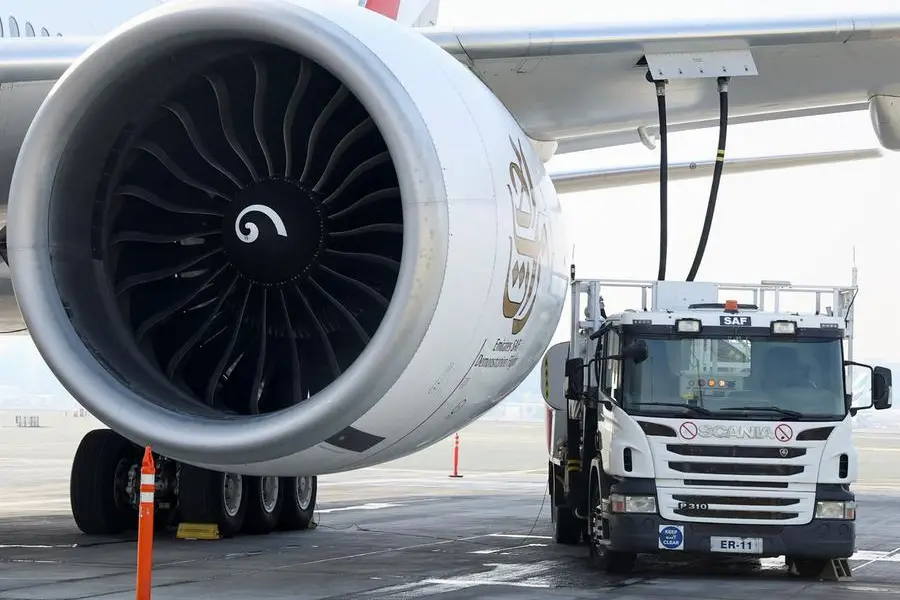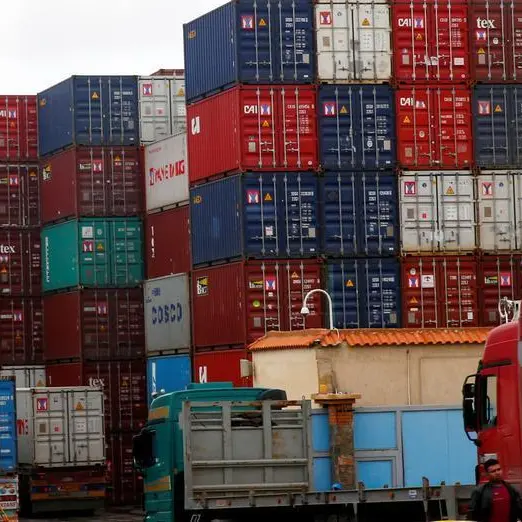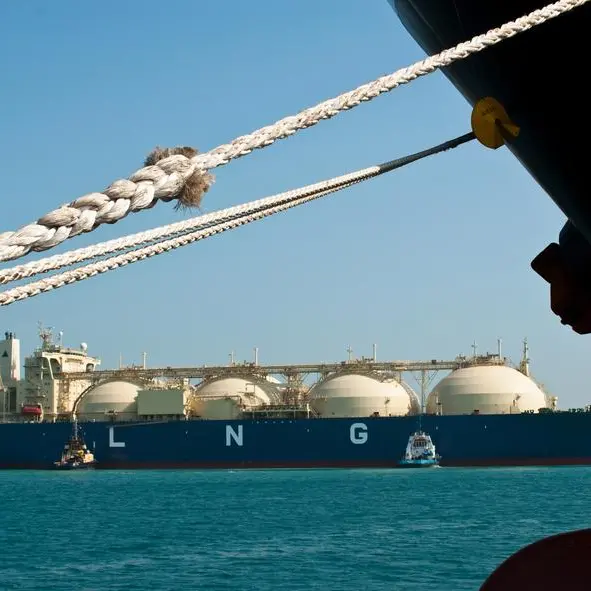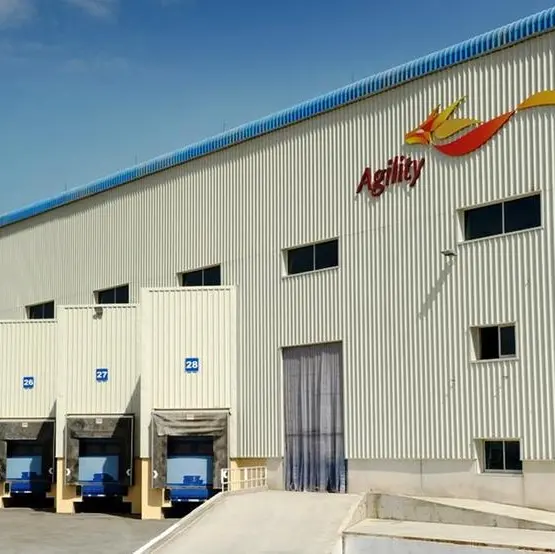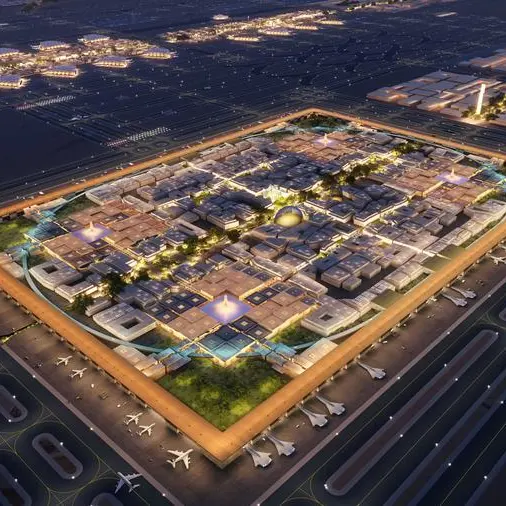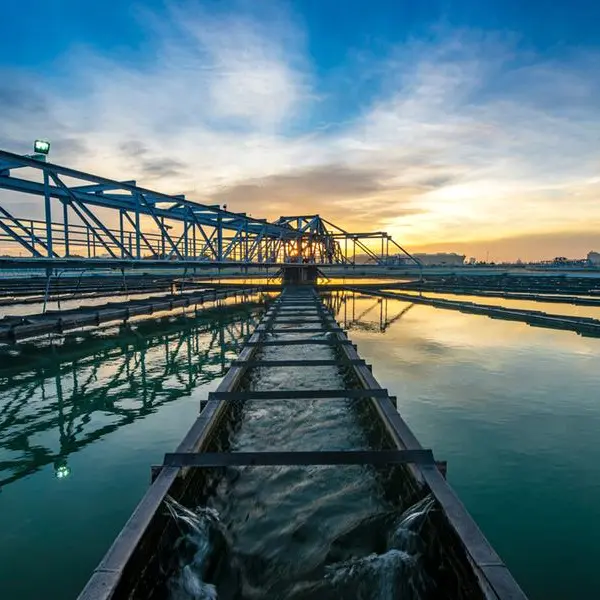PHOTO
Total renewable fuel production is expected to reach at least 69 billion litres (55 million tonnes) by 2028, according to the International Air Transport Association (IATA).
Sustainable Aviation Fuels (SAF) will comprise a portion of this growing output, achieved through new renewable fuel refineries and the expansion of existing facilities.
“The expected production increase is extremely encouraging. We need governments to act to ensure that SAF gets its fair production share,” said IATA’s Director General Willie Walsh.
SAF will likely provide about 62 percent of the carbon mitigation needed in 2050, calling the governments to offer incentives and feedstock to meet the increasing demand.
In 2022, SAF production tripled to some 300 million litres (240,000 tonnes) as project announcements for potential SAF producers are rapidly growing.
IATA counts over 130 relevant renewable fuel projects announced by over 85 producers across 30 countries.
Each of these projects has either announced the intent or commitment to produce SAF within their wider product slate of renewable fuels.
However, a three-to-five-year lag exists between a project announcement and its commercialisation date, which implies that further renewable fuel capacity out until 2030 could still be announced over the following years.
IATA said that if renewable energy production reaches 69 billion litres by 2028, as estimated, the trajectory to 100 billion litres (80 million tonnes) by 2030 would be on track.
It added that if just 30 percent of that capacity produced SAF, the industry could achieve 30 billion litres (24 million tonnes) of SAF production by 2030.
Read more: UAE companies explore production of sustainable aviation fuel with BP
Masdar signs sustainable aviation fuel development agreement with Airbus
Abu Dhabi to get new project turning waste to alternative fuels
(Writing by P Deol; Editing by Anoop Menon)
(anoop.menon@lseg.com)
